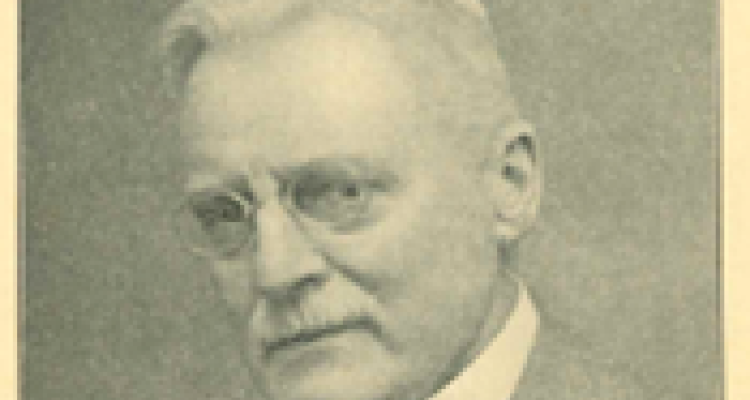
Prof. Dr. Gerrit Grijns 1921 - 1935
Prof. Reimers had a limited scientific interest and was therefore rapidly succeeded by Prof. Dr. Gerrit Grijns. Prof. Grijns had an international scientific reputation, firmly established already before he was appointed.
His eminence is illustrated by the later awarding, in 1935, of the Swammerdam Medal as the founding father of Nutritional Sciences. Dr. Gerrit Grijns was appointed as professor in Animal Physiology in 1921.
His research was firmly rooted in translational Physiology, focusing on nutrition and metabolism. In his studies on Beriberi, a neurological and fatigue disease, he used chicken as a model for humans. Prof. Christiaan Eijkman, awarded with the Nobel prize for the discovery of vitamins, had discovered that Beriberi was due to the eating of white rice. He thought, however, that it was due to removal, with the peel, of a protectant against a toxic substances, an antimicrobial compound.
Prof. Gerrit Grijns made the crucial thinking step that a compound essential for metabolism was lacking, which indeed later turned out to be vitamin B1. To this day B-vitamins, essential for metabolism, are studied in the chairgroup. After his retirement in 1935, Dr. Grijns stayed on as professor until the appointment of his successor, Prof Ede Brouwer.